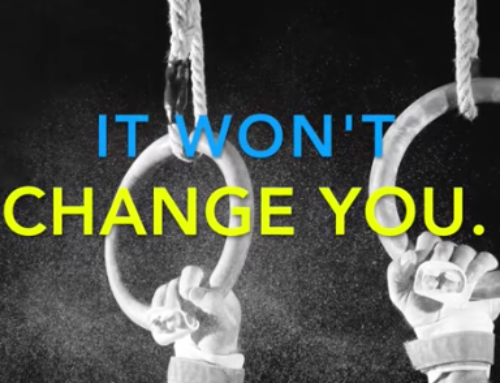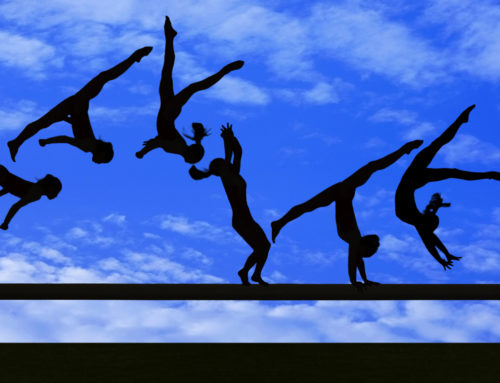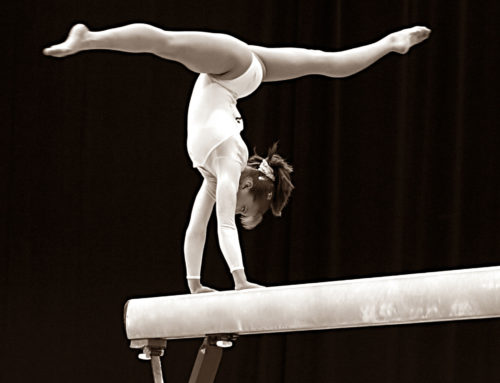Does a bad game or competition ruin your self-confidence?
Does a poor performance affect your ability to play well in future competitions?
Can you think of a time when you were dominated in a game or competition? You may have started thinking, “I’m horrible… Maybe I should quit.”
At your next practice, you don’t practice with as much vigor…
Your preparation is less than adequate for your next competition and… you lose again.
We see too many athletes that ride the confidence roller-coaster…
Self-confidence doesn’t ensure that you will win every competition. Instead, confidence is a belief in your ability to perform well.
Having stable confidence allows you to quickly get over losses… Just because you lost doesn’t mean you no longer have the ability to compete at a high level.
Confidence affords you the chance to succeed at the next competition.
By not dwelling on negative consequences, you worry less about the losing (the fear of failing).
With confidence, you can focus on your strengths and the upcoming competition and increase the enjoyment of the activity and future successes.
Serena Williams, ranked No. 1 in the WTA, suffered one of her worst Grand Slam losses (6-2, 6-2) in the second round at the 2014 French Open.
Garbine Muguruza, ranked No. 35, dominated every aspect of the match.
Serena was broken in five of eight games and had 29 unforced errors with only eight winners.
In the post-match interview, Serena stated, “It was one of those days.”
In 2012, Serena lost in the first round of the French Open, maintained her confidence and looked for a way to bounce back.
Serena enlisted the assistance of French coach Patrick Mouratoglou and quickly rebounded from her French Open setback by winning Wimbledon, the U.S. Open and two gold medals at the London Olympics. Serena went 78-4 with 11 titles, including at the 2013 French Open and 2013 U.S. Open.
Mouratoglou stated Serena reacts positively to adversity:
“She’s definitely the kind of person that, when something bad happens to her, is always able to react. It’s really something that she has in herself. When she has a bad loss or she’s really down… it’s also a source of motivation for her to come back even stronger.”
In her post-match interview, Serena displayed the confidence of a champion despite the lopsided loss:
“I’m going to go home and work five times as hard to make sure I never lose again.”
It’s Serena’s confidence that allows her to maintain a positive perspective and bounce back from a tough loss:
“It’s great sometimes… to get knocked down, because you have to get back up. I love getting back up. I love the challenge.”
Try these tips to maintain your confidence after a competition:
- Keep sports and competition in perspective. Everyone has a bad game or performance. Like Serena said, “It’s one of those days.”
- Learn from the competition. Take time to objectively review your performance. What can you work on to improve your game? How can you use the lose to grow and increase your resolve to be even better?
Learn Proven Strategies To Become A Confident Athlete!
Want to learn all my secrets for becoming self-confident and in turn improving your performance in sports? Check out The Confident Athlete CD and workbook program, one of our best-sellers.
The Confident Athlete
A 14 Day Program For Ultimate Self-Confidence
Now available on digital download–save on shipping costs and get 10% off!
Your Mental Coach,
Dr. Patrick Cohn
P.S. Personal mental coaching is the best option for improving your mental toughness in sports. However, The Confident Athlete CD and Workbook Program is the next best thing to personal coaching.







Leave A Comment